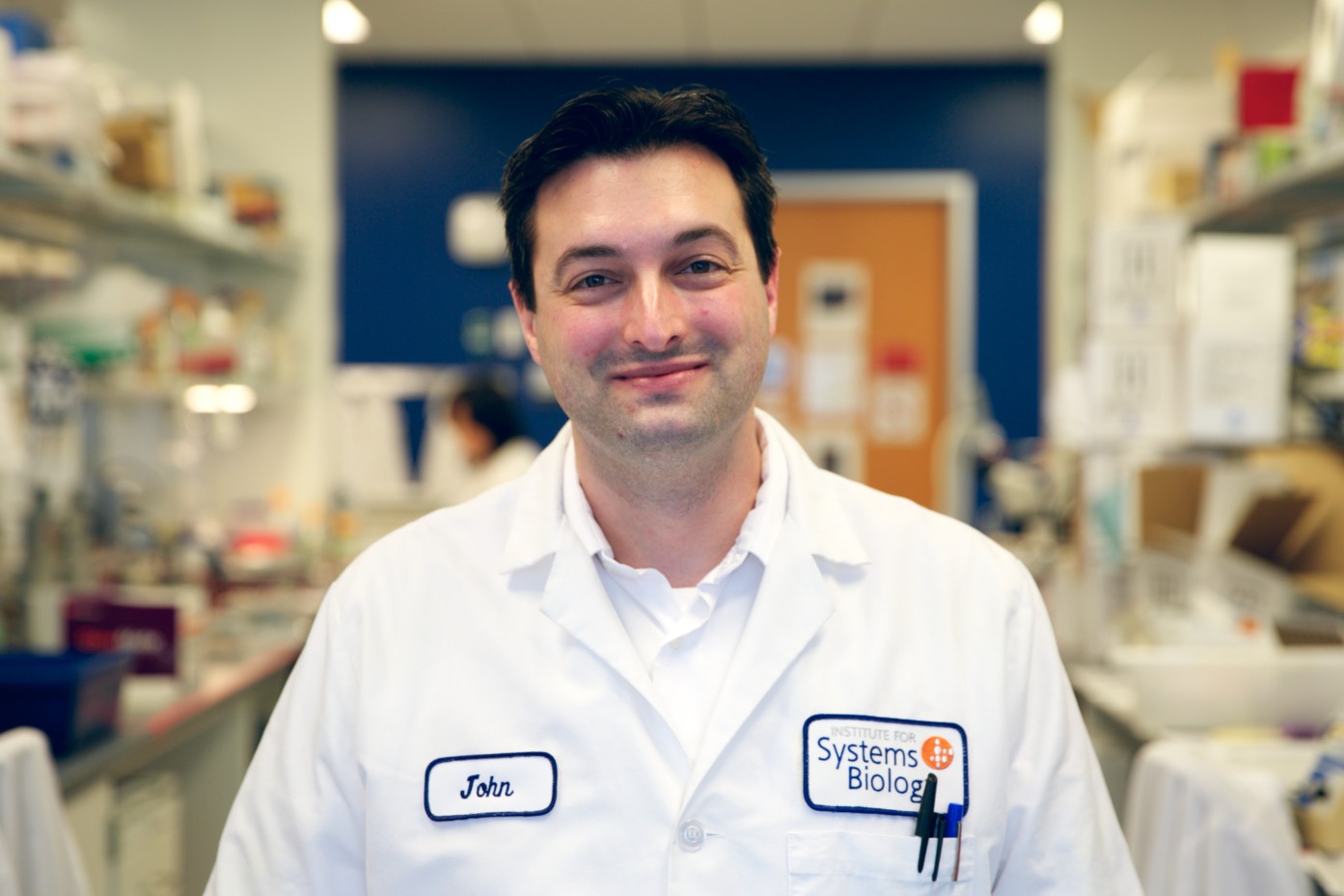ISB Innovations: Ultrasound-Based Tumor Biopsies
 isbscience.org/news/2015/02/23/isb-innovations-ultrasound-based-tumor-biopsies/
isbscience.org/news/2015/02/23/isb-innovations-ultrasound-based-tumor-biopsies/
Name:
John Chevillet, PhD
Lab:
Research:
I am trying to develop an ultrasound-based method to take a sample from a tumor, thus replacing needle biopsies. An ultrasound-based method would minimize complications, better diagnose cancers, and direct the use of targeted therapies for personalized medicine.
Wish List:
If I had $10,000, I could analyze the blood specimens we currently have for cancer dna to demonstrate what this method can tell us about the mutations driving a tumor. If I had $100,000, I could analyze a wide spectrum of molecules (DNA, RNA and protein) and start to define a biomarker signature panel that could be used as a foundation for a test more accurate than what we have now. If I had $1 million, I could partner with physicians and patients to test this method.
How you can help:
Watch this short video and click the button at the end of the video. Or donate now.
If you have questions about this project or would like to speak directly with our researchers, contact us.





